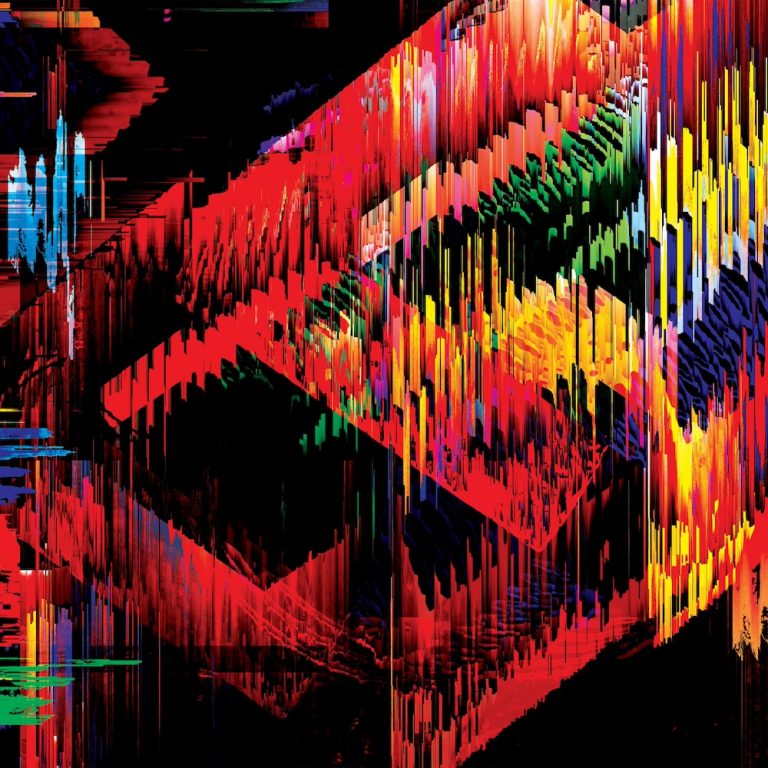Last week, I found myself discussing Junkee’s two-part article entitled Isn’t Anything: How Shoegaze Has Never Been Easily Defined with its author, my friend Kristen S. Hé. A vast essay, the text explores the inner dynamics of the genre over an extended period of time, debating its influences as well as exploring its recent resurgence among genderqueer bedroom-pop artists. Having interrogated and explored the genre myself extensively, I was especially happy with the article magnifying the genre’s semantics related to persistent parallels with modern psychedelic hard rock. Hé sums it up with a nonchalant question. Are Oasis shoegaze? Well, are Deftones?
These questions are ultimately rhetorical, because they’re obviously not. But both bands are inherently influenced by the heavy British rock groups that populated the early 90s, the likes of Loop, Swervedriver, Adorable or Catherine Wheel. Parallel to the hypnotic Stateside grunge of Soundgarden and Alice in Chains, those groups created massive walls of sound that infected alt-rock in Europe, but bore little likeness to the folk, The Beatles and goth inspired leanings of My Bloody Valentine, Cranes, Cocteau Twins and Slowdive. Which magnifies the much more pressing nerd question: are Ride shoegaze?
With a history of internal dissonances and a catalogue that is both beloved and regularly derided, the Oxford’s quartet are a difficult beast to pin down. Their 1990 debut Nowhere sounds mostly like a combination of Revolver and Psychocandy; breathless and pummelling. Its follow up, 1992’s Going Blank Again, is more nuanced in tone, experimenting with production styles and contemporary trends – these days it has started eclipsing Nowhere in popularity. It was followed by a couple of enjoyable, but ultimately ignored releases – Carnival of Light, which divides songwriting duties between Andy Bell and Mark Gardener into two distinct halves, 1996’s unloved Tarantula, which is possibly a little over-hated, and the roaring 2017 comeback record Weather Diaries, which is a little unfairly ignored.
Like a bizarro version of Oasis, the band’s catalogue has been reduced to the hyper-fixation with those two early homeruns, completely missing out on the gems Bell and Gardener conceived after – and almost entirely failing to acknowledge 2019’s sprawling This Is Not a Safe Place, a record filled with incredible experiments and highlights. Ride are, still, a deeply relevant and rousing group!
Their new work, Interplay, is no exception. It’s an hour of elegant space rock, rich in psychedelic tones and extending plains of colourful guitar work. Less shoegaze and more neo-psychedelia, it resides in a similar space as The Horrors’ Luminous. But its closest siblings reside in the works of New Order and U2, which might come to a surprise to some.
Written and recorded during the lockdown era, the zero-gravity feel of Interplay‘s floating compositions can easily be attributed to the aimless indoor sleepwalks of those months, yet it was already inherently present on the group’s very first EPs. In a way, it’s a cohesive re-imagination of Ride’s core sound – which sadly pulls it away from the adventurous explorations within This Is Not a Safe Place.
Still, there is clear blood relation – the sanguine A Flock of Seagulls-energy of “Peace Sign” resembles the tomfoolery of “Repetition”, while “Light in a Quiet Room” is a blissed-out rendition of early ballad “In a Different Place”. Interplay is unmistakably a Ride album, but in its glacial intergalactic pull it rarely seems memorable. Its mid-section of “I Came to See the Wreck”, “Stay Free” and “Last Night I Went Somewhere to Dream” is so relaxed and self-assured in its jamming that it releases the focus, and just blurs together as weed-infused, The Verve-like ballads. The melodious “Portland Rocks” and “Monaco” kick pretty hard, but they’re not as demanding in their mix as the band can be. It’s funny to make U2 comparisons (especially as they haven’t had a good album in 24 years), but Ride manage to nail their classic millennial attitude of ambient infused hymnal songwriting for the modern age. The question remains just how pressing these songs are.
Ironically it’s the most late-alt-rock tracks that remain the most memorable. “Essaouira” is a crystalline trip-hop track that could be placed on Placebo’s Sleeping with Ghosts – pretty, yet ominous. “Sunrise Chaser” has the William Orbit-aura that ran throughout Y2K pop and spices things up with nuanced Talking Heads guitars. And the melancholic but euphoric “Last Frontier” embodies New Order’s majestic Get Ready: all honest pathos and singalong choruses while being infused with deep sadness. There’s also the cool “Midnight Rider”, all nocturnal, bass-led British pop in the vein of Unkle, circa War Stories. What this magnifies is that Interplay is never, ever, a bad record. It’s wrestling to grip on to the ground, at times confused by its own shifting weight, unsure what its environment demands from it.
This could lead to a discussion of the influence the lockdown had on music. Each band seemed to face the forced isolation differently – their approaches say much about who these bands are and how their dynamic works. In the case of Ride, who were once so split they divided a record into two distinct halves from two distinct writers, it makes for a somewhat uneven kaleidoscope of floating in space. If there’s nothing to give us security beyond our walls, we dream of flying – in our very own ways. Sometimes the band soars, at others they just stand still gazing at the stars shining down on them. Dependent on who in the fanbase you approach, they might prefer one modus to the other, and in a live environment (including the right substances in the blood stream), these songs will likely blow minds. Interplay is space rock as solid as it comes, but also deeply indebted to a millennial era about 20 years ago, which both shoegaze and alternative rock have left behind. A different kind of nostalgia, perhaps.

